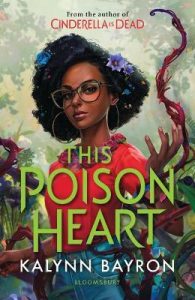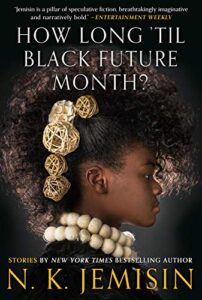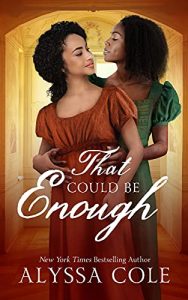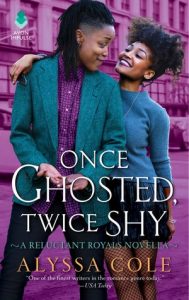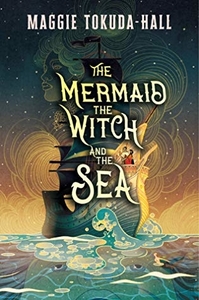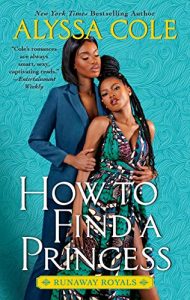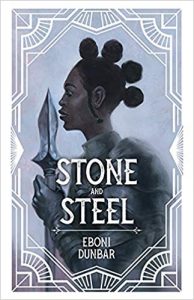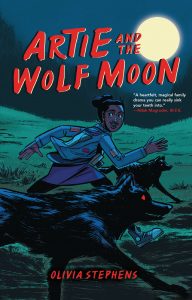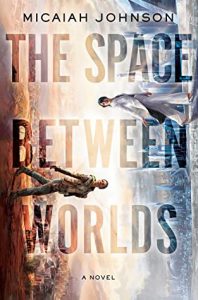Amazon Affiliate Link | Bookshop.org Affiliate Link
Every time I think I might be done with YA, I read a book like this one. On a very basic level, Secret Garden meets Little Shop of Horrors with Greek mythology on top is just such a fun concept that I couldn’t not love it. Kalynn Bayron’s This Poison Heart centers around Briseis, a teenage girl with the ability to control plants and an apparent immunity to poison, who inherits an estate surrounded by poisonous plants. Once Briseis arrives, she begins to uncover a deep family history and the dangerous responsibility that comes with it.
Beyond premise, though, every part of this book was incredibly well-executed. I loved Briseis as a character and as a person. She was funny, and she was smart, and she was loving. I always understood where she was coming from, and over and over again, I was struck by how reasonable she was being in such wild circumstances (which is not to say that characters have to be reasonable to be compelling, of course, but it was such a breath of fresh air to see Briseis holding people accountable for keeping important information from her, among other things). In a genre that gets a bad rap (often though not always unfairly, but I digress) for oblivious and immature protagonists, I found this particularly refreshing.
Where this book really shines, however, is in its relationships, from the familial to the romantic to the more broad understanding between the few other Black people Briseis meets in the mostly-white rural town. The easy banter paired with a strong, protective love characterized Briseis’s relationship with her two moms, as well as the women’s relationship with each other. Their dynamic drives the book in a way that was beautiful to read from the first chapter. As for Briseis’s own love life, romance took a backseat to the much more immediate dangers Bri was facing, but there was a clear chemistry between her and the mysterious Marie, towards whom she feels an immediate attraction, and if the cover of the next book is any indication, that chemistry will certainly progress further in the sequel.
I will say that some parts of the plot felt a bit predictable, but seeing as I am not the target audience anymore, I’m not sure that’s a fair complaint. If I had read this book in high school, would I have seen the plot twists coming? Maybe not. The metric that I try to use in cases like these, however, is did I feel like the protagonist should have figured things out sooner? Did I roll my eyes at her obliviousness? And the answer to that is a resounding no. With the information she had at her disposal, Briseis approached her situation and the people around her with completely understandable levels of both suspicion and trust, so even when I felt like I was ahead of her, I was never frustrated waiting for her to come to the same realization.
Overall, this book was just such a delight to read. I had a lot of fun, and I’m sure I will have just as much fun reading the sequel when it comes out in a few months.

